An excerpt:
It should be difficult for any of us to write about where we grew-up, to write about where we call
home, or where we once called home. There are the expected trappings of sentiment and the near
constant questioning of ourselves over how things really were. But then similar to telling a story, we
might go ahead anyway, accepting the risk.
I came to Moab as a young boy, not yet a teenager. I spent the remainder of my youth in the
town, and then spent another decade coming in and out of the first place I called home. The start
though was 30 years ago. My father was a Baptist preacher, so in theory my family could have ended
up any place. That’s in theory, however. In prayer there was no other place that my father or family
could have gone. So we came up from Texas, and for me, then, Moab was another world, and I do
not mean the town and surrounding desert were interesting or made for some kind of an
awakening—though perhaps these things were true—but I mean Moab at that time opened another
world. My understanding of worlds tells me that there are other worlds to claim, provided another
world is found, and Moab was such a world to be found and one that can no longer be claimed. The
valley I looked at those years ago is no longer possible to see. That is a plain fact. The valley, as it
was then, no longer exists.
Click the image below to read more of Damon’s article:
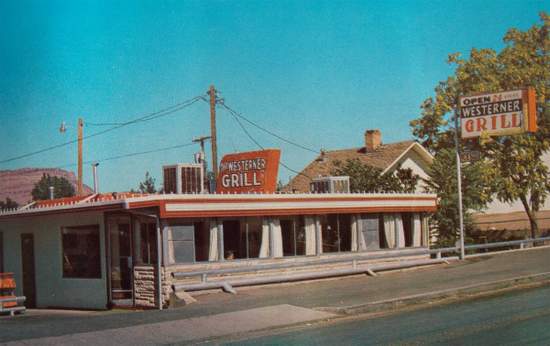
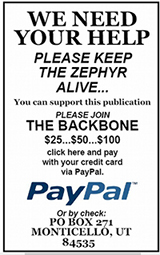

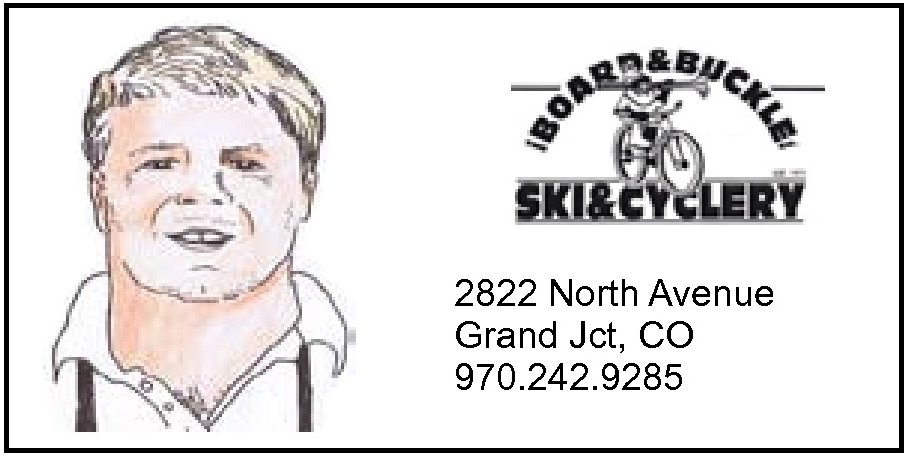
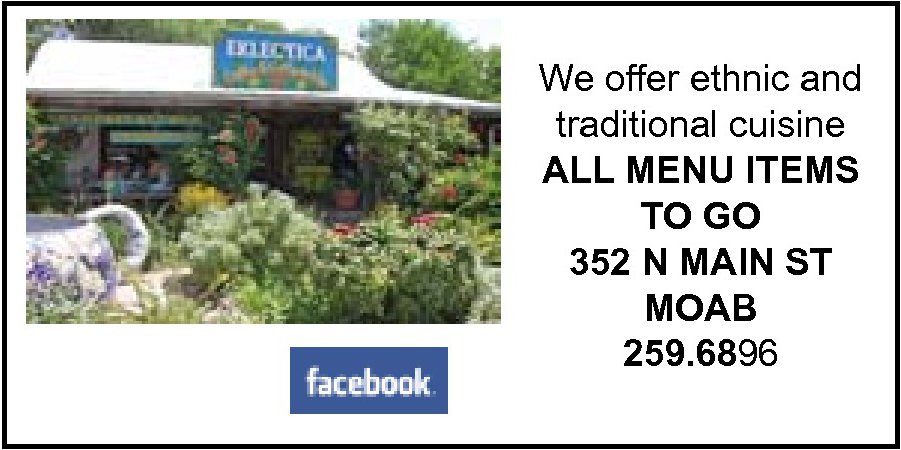
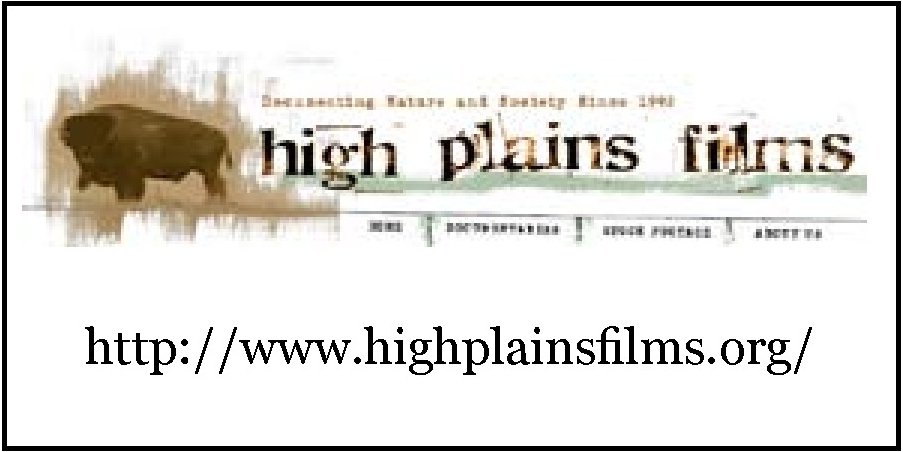
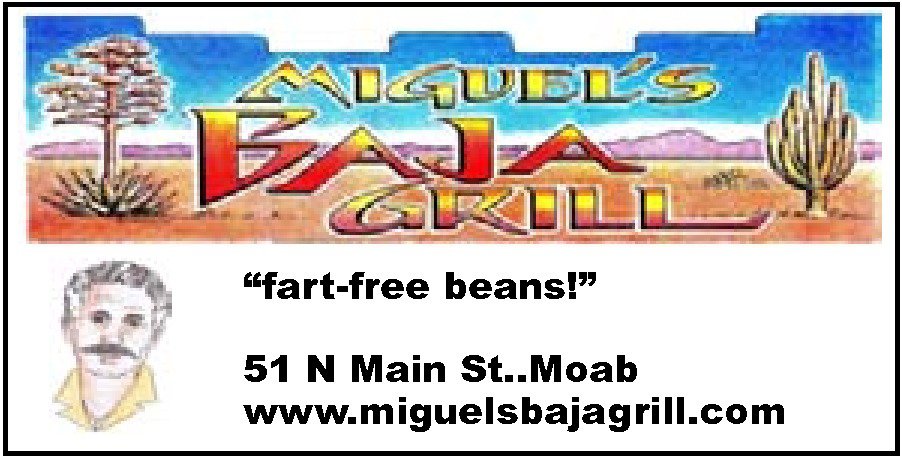
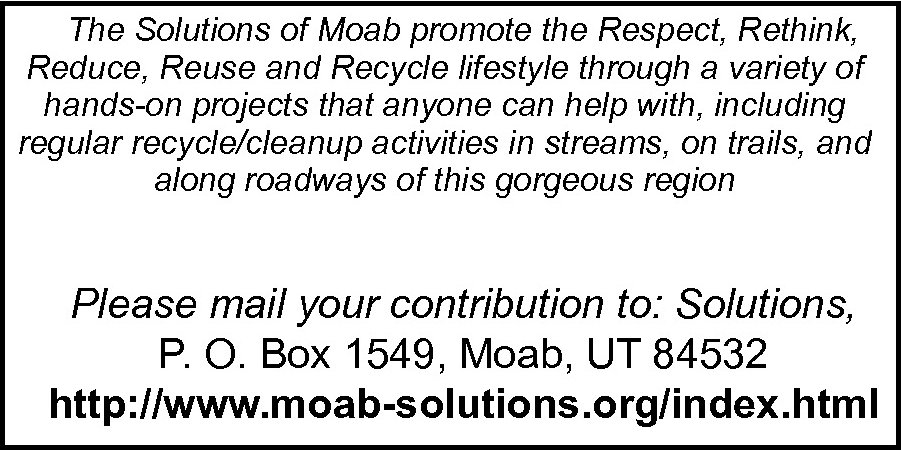
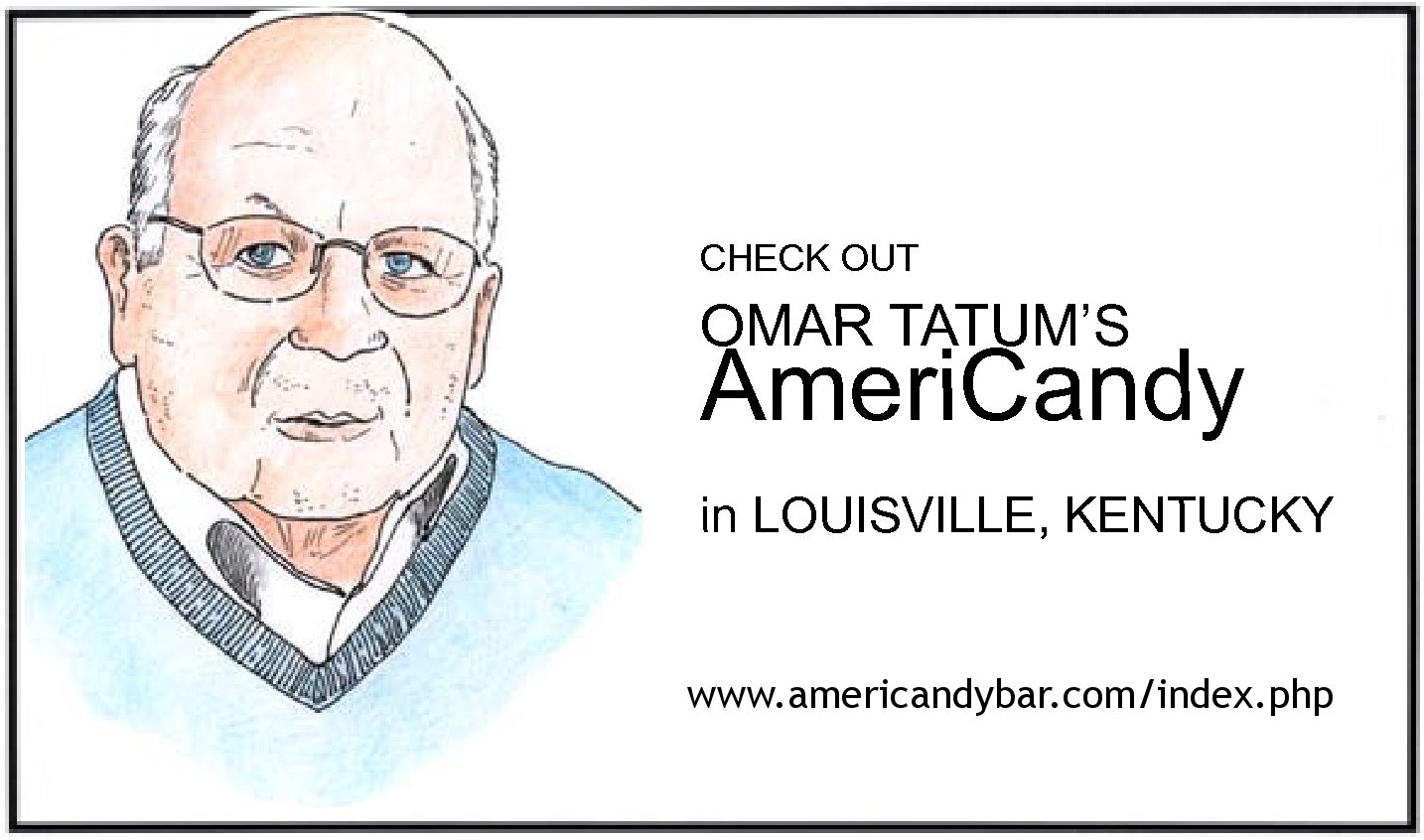

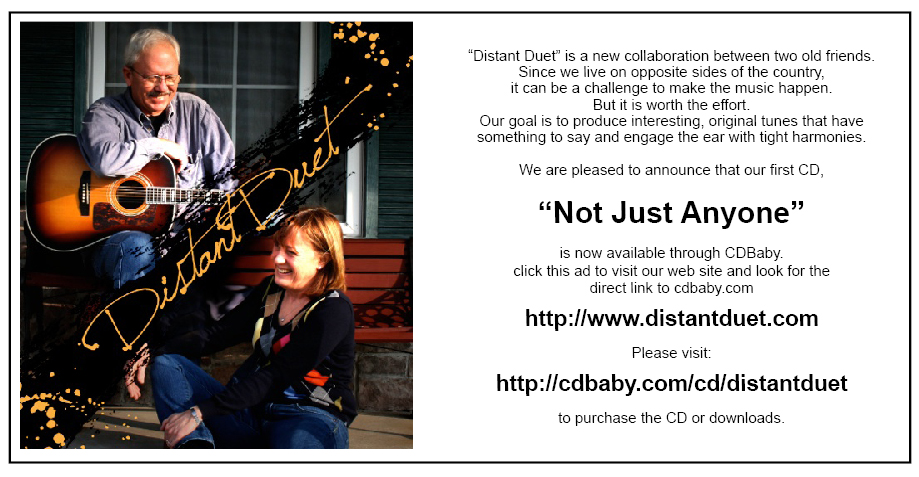
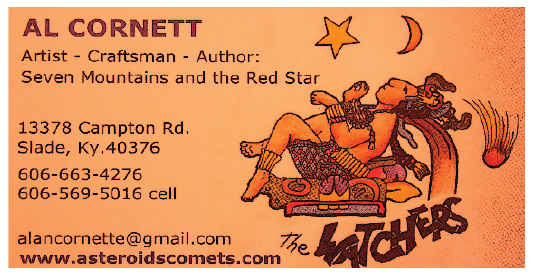

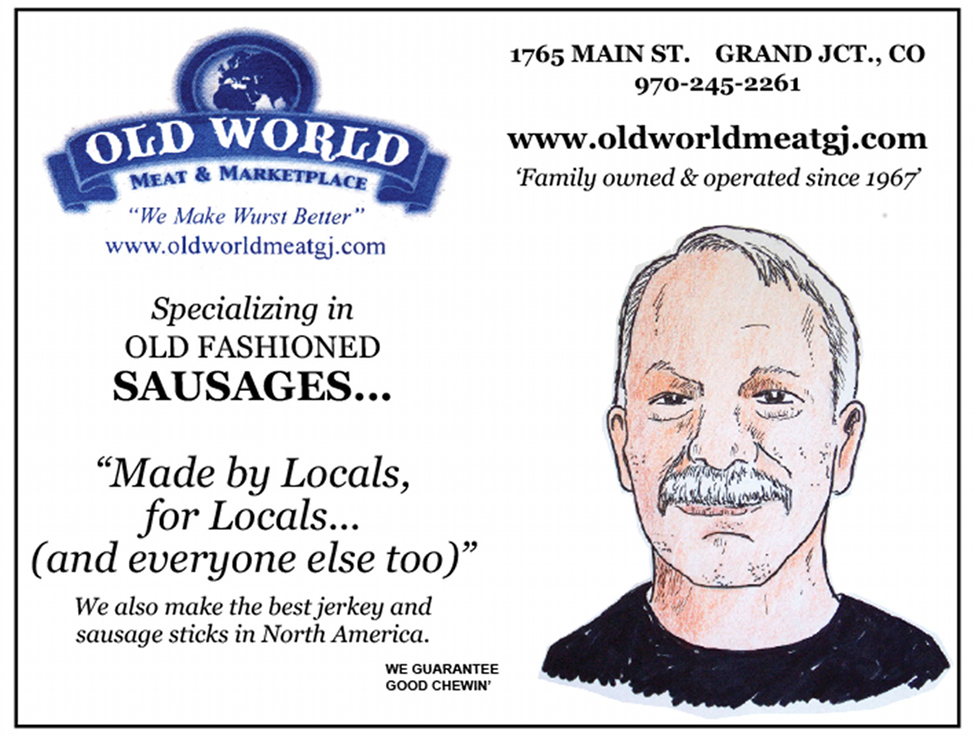
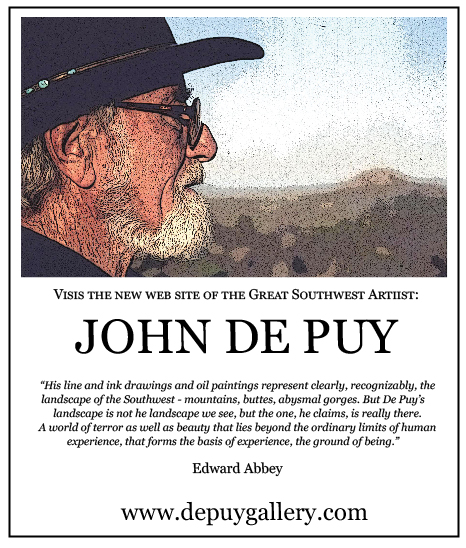

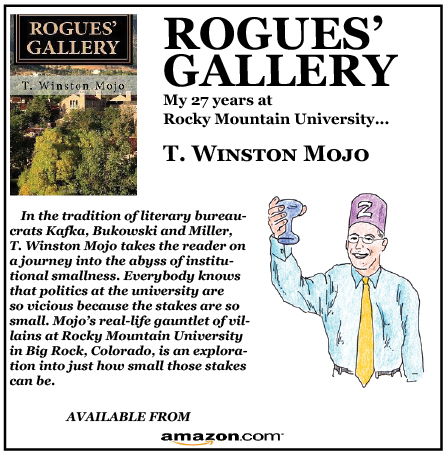
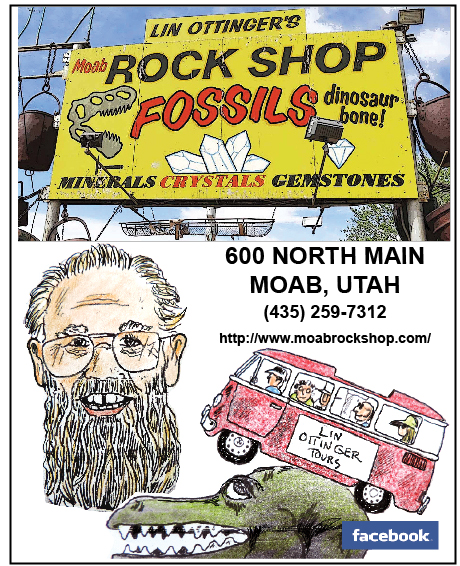
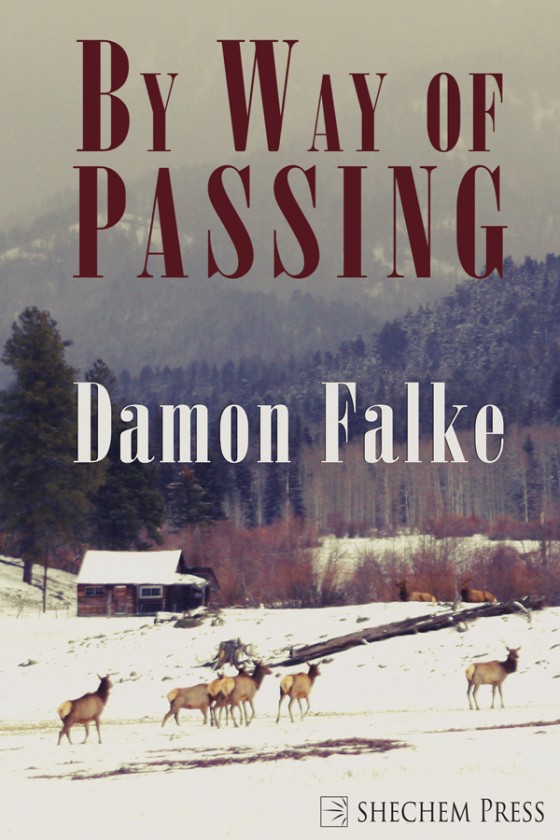
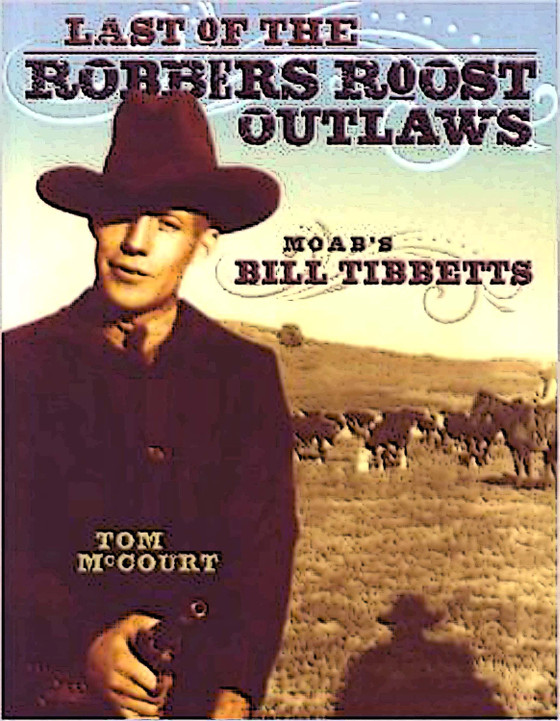
0 Responses
Stay in touch with the conversation, subscribe to the RSS feed for comments on this post.